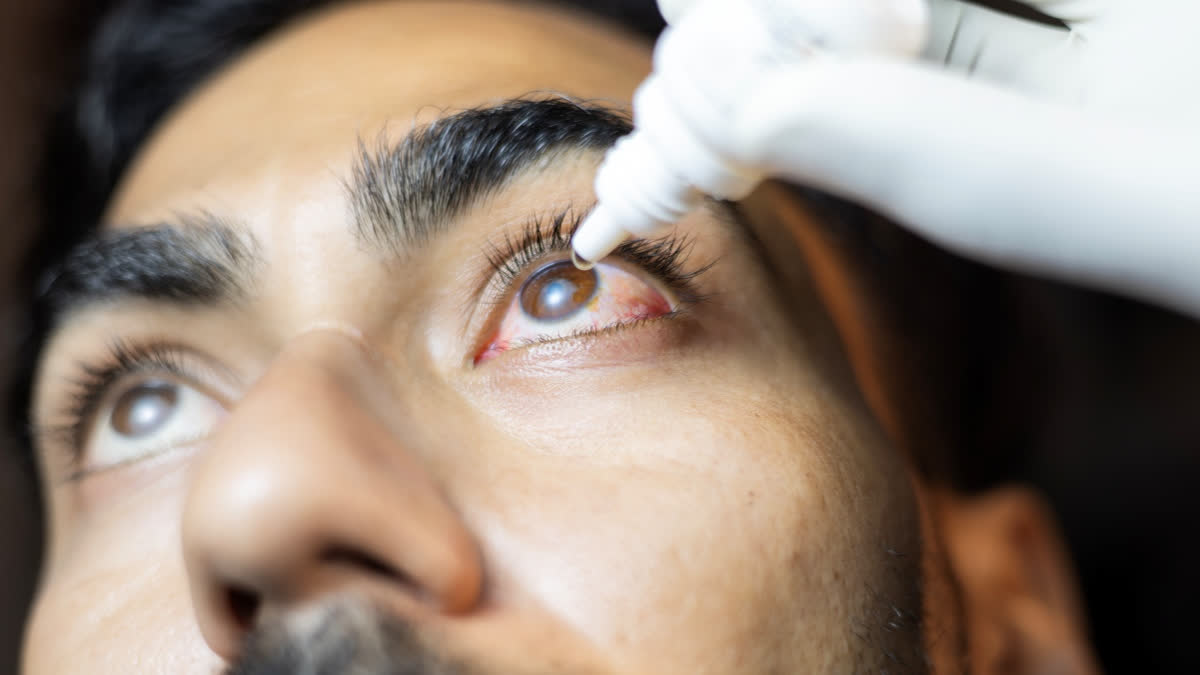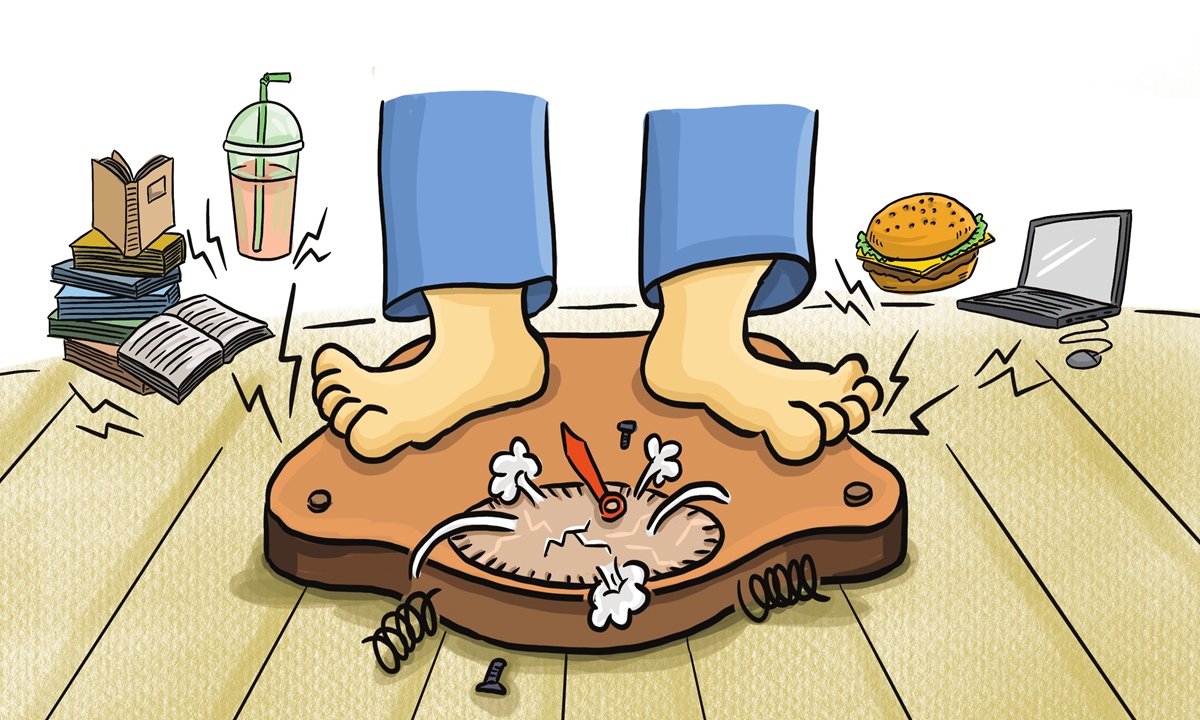Jeff Bellows and Dr. Matilde Castiel
Picture this: Worcester residents lay on their backs and relax into a sound bath in Elm Park, soaking in peaceful rhythms and feeling stress melt away.
Others gather at a self-defense class in Vernon Park that mixes strength and cardio-based exercises with techniques to strike and escape from an attacker. Young residents practice basketball drills at Crompton Park, while others attend a Zumba class in the YMCA’s Fuller Family Park, practicing a mix of body sculpting movements and dance steps.
These were all scenes from the Summer Fitness in the Parks, a 12-week program presented by the City of Worcester Department of Health & Human Services and Blue Cross Blue Shield of Massachusetts, in partnership with the YWCA Central Massachusetts and YMCA of Central Massachusetts.
Over those 12 weeks, more than 215 people — from ages 5 to 77 and of all abilities — attended these free sessions, held in parks and green spaces across the city. The program was so successful and popular that these partners hosted a Fall Fitness in the Parks program that just ended.
This program allows residents to build relationships with community members and engage in physical and mental health activities, while also experiencing the city’s beautiful parks. It offers both youth and adults an opportunity to come together and learn about maintaining a healthy lifestyle.
The ultimate goal is to provide Worcester residents with opportunities to engage in healthy eating, active lifestyles and community building — all of us working together to become a healthier Worcester.

At Blue Cross and the City of Worcester, we are committed to helping people lead healthy lives and eliminating the physical and social barriers that contribute to health disparities. And this fitness series is just one component of our longstanding partnership and commitment to offer programming to keep Worcester healthy all year round.
We’ve worked together to provide free skating opportunities throughout the winter season at the Oval rink downtown. We also collaborated to open a wellness studio at the Worcester Senior Center, which opened in winter 2022.
And we are excited to announce that the City of Worcester, Blue Cross and the National Fitness Campaign are partnering to launch an outdoor Fitness Court in Worcester in mid-October of this year. With 12 locations already around Massachusetts, this new space will expand free access to high-quality workouts and create equitable access to exercise for Worcester residents. Created with people ages 14 and over and with all abilities in mind, the workouts are adaptable for all fitness levels. The location and ribbon cutting for the Fitness Court will be announced soon.
These joint initiatives illustrate the benefits and importance of investing in healthy communities to improve overall health and well-being, address long-standing health disparities and bolster local economic conditions.
Studies have found exercise is not only important for physical health but can help improve emotional health, build social connections, lower stress levels and even boost the immune system.
Investing in healthy communities also helps reduce health disparities. We know health is directly linked to the physical environment, and some communities carry a disproportionate environmental burden associated with health disparities.
Programs like Fitness in the Parks promote equitable access to green space by providing free programming in easily accessible public spaces for everyone to enjoy. This past summer, the program reached many of the populations that face greater health inequities. Out of all registrants, 26% identified as Black or African American, 9% identified as Hispanic/Latino, 4% as multiracial, 3% as Asian and 1% as American Indian/Alaskan Native.
These investments in the community also help to boost economic conditions. Healthier populations contribute to a stronger local economy, and a stronger local economy contributes to a healthier population. The strongest connection between health and the economy is sustaining a healthier workforce.
Healthier workers are more likely to show up for work, be more productive when at work, are in better physical and mental health, and are more likely to engage in education and skills training. Further, a strong economy means better jobs, better benefits like health insurance, and higher pay. When people are paid more, they are more likely to invest in higher education, which in turn improves the health and income of residents.
We all have an interest in investing in and supporting the health and well-being of our communities, and we will continue to work together toward this goal. Because a healthy, more equitable Worcester is good for everyone.
Jeff Bellows is vice president of corporate citizenship and public affairs at Blue Cross Blue Shield of Massachusetts. Dr. Matilde Castiel is the commissioner of health and human services for the City of Worcester.

